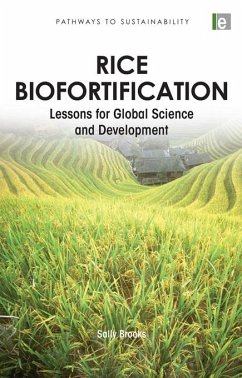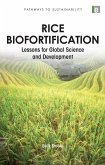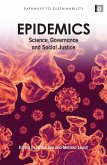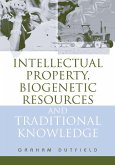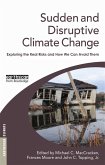Through an in-depth analysis of international rice biofortification efforts across the US, Philippines and China, this book provides an important critique of such goal-oriented, top-down approaches. These approaches, the author argues, exemplify a model of global, 'public goods' science that is emerging within complex, international research networks. It provides vital lessons for those researching and making decisions about science and research policy, showing that if this model becomes entrenched, it is likely to channel resources towards the search for 'silver bullet' solutions at the expense of more incremental approaches that respond to locality, diversity and the complex and uncertain interactions between people and their environments. The author proposes a series of key changes to institutions and practices that might allow more context-responsive alternatives to emerge.
These issues are particularly important now as increasing concerns over food security are leading donors and policy makers to commit to ambitious visions of 'impact at scale' - visions which may never become a reality and may preclude more effective pathways from being pursued.
Published in association with the Economic and Social Research Council (ESRC)
Dieser Download kann aus rechtlichen Gründen nur mit Rechnungsadresse in A, B, BG, CY, CZ, D, DK, EW, E, FIN, F, GR, HR, H, IRL, I, LT, L, LR, M, NL, PL, P, R, S, SLO, SK ausgeliefert werden.

